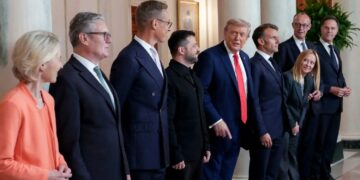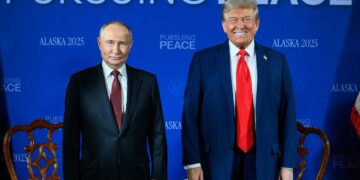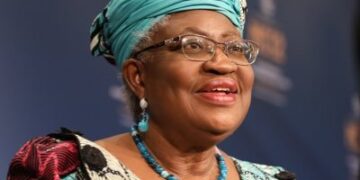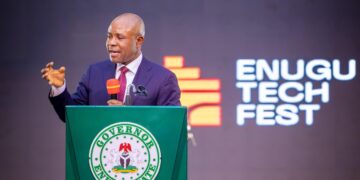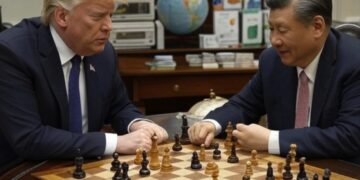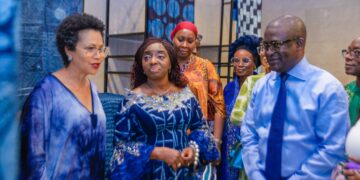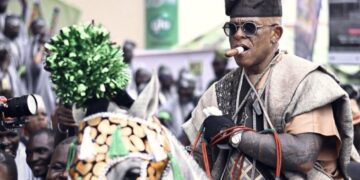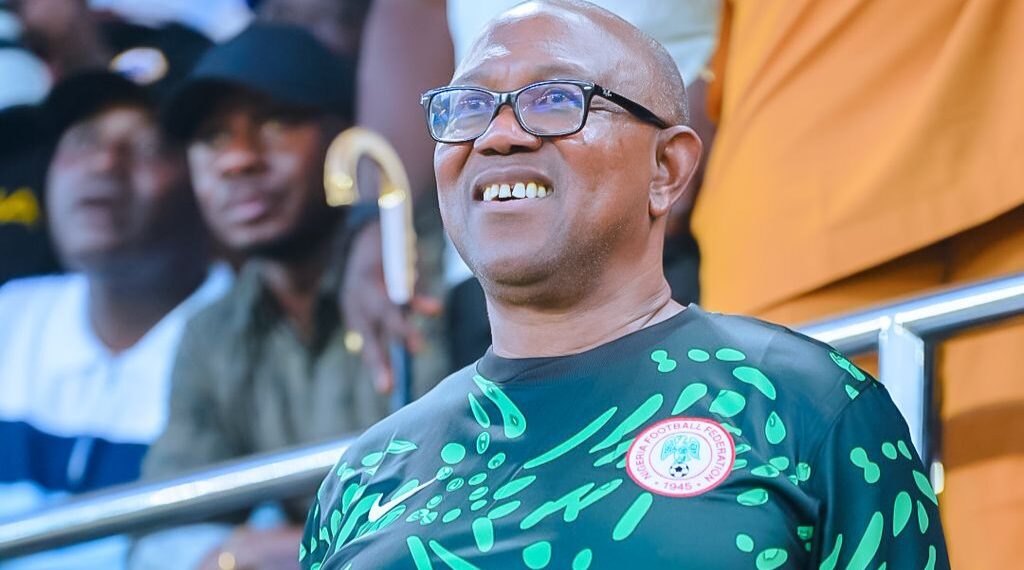As Nigeria approaches the 2027 general elections, a dynamic opposition coalition is emerging to challenge the ruling All Progressives Congress (APC). Comprising political heavyweights such as Peter Obi, Atiku Abubakar, Rotimi Amaechi, Nasir El-Rufai, and Aminu Tambuwal, the coalition is strategically positioning itself to reshape the nation’s political landscape. Drawing from credible intelligence, this report analyzes the coalition’s strategic maneuvers and their implications for stakeholders.
The coalition is adopting a flexible approach to its choice of political platform, with the African Democratic Congress (ADC) as one of several potential vehicles. This adaptability is designed to outmaneuver the APC and mitigate risks of sabotage or infiltration, reflecting a proactive stance in countering the ruling party’s dominance. To build grassroots momentum, the coalition has committed to open primaries, allowing all aspirants with presidential ambitions to contest. This strategy aims to mobilize loyal supporters across Nigeria’s six geopolitical zones, fostering inclusivity and broadening the coalition’s appeal, particularly among voters disillusioned with the APC and PDP.
A key agreement within the coalition mandates that the eventual presidential candidate will serve a single four-year term. This pledge to rotational leadership seeks to balance regional and political interests, minimize internal rivalries, and project a unified front, aligning with demands for equitable power-sharing between Nigeria’s North and South. The coalition has outlined three primary ticket scenarios to leverage the strengths of its key figures. Should Peter Obi emerge as the presidential candidate, Aminu Tambuwal is slated as his running mate, combining Obi’s Southern popularity with Tambuwal’s Northern influence. Alternatively, if Rotimi Amaechi secures the ticket, Nasir El-Rufai would be his running mate, pairing Amaechi’s Southern credentials with El-Rufai’s North-West clout. In a third scenario, if Atiku Abubakar wins the nomination, Peter Obi would serve as his running mate, recreating their 2019 PDP ticket that nearly unseated the APC.
Insider reports suggest Peter Obi is the frontrunner to clinch the presidential ticket, bolstered by his widespread appeal, particularly in the South-East and among Nigeria’s youth and middle class. His 2023 Labour Party performance and endorsements on social platforms like X underscore his potential to challenge President Bola Tinubu. To manage competing ambitions and maintain cohesion, the coalition has designated contingency roles for key players. If Atiku does not secure the presidential nomination, he will assume the role of National Leader, guiding the coalition’s strategy. Should Amaechi miss the ticket, he will have the privilege of selecting a ministerial position. If El-Rufai is not chosen as running mate, he is positioned to become Secretary to the Government of the Federation, with a potential presidential run in 2031 alongside Rauf Aregbesola as his running mate. Similarly, if Tambuwal does not become the running mate, he is slated to return to the Senate, potentially as Senate President.
The coalition anticipates a significant political shift in the lead-up to 2027, with governors, senators, and House of Representatives members expected to defect from the APC and PDP. This “political tsunami” could weaken the APC’s grip on power, provided the coalition sustains its unity and presents a compelling governance agenda. However, challenges loom large. Internal rivalries among high-profile figures risk factionalism, as cautioned by Datti Baba-Ahmed, Obi’s 2023 running mate. Additionally, critics like APC chieftain Daniel Bwala argue the coalition lacks a clear ideological foundation, describing it as an ambition-driven alliance. To counter such narratives, the coalition must articulate a robust policy agenda and ensure transparency in its primaries.
The opposition coalition, with Peter Obi as a likely standard-bearer, is well-positioned to disrupt Nigeria’s political status quo. Its success hinges on unifying diverse interests, mobilizing grassroots support, and offering a credible alternative to the APC. Stakeholders should closely monitor the coalition’s primaries and defection trends, as these will shape its viability as a political force in 2027.





